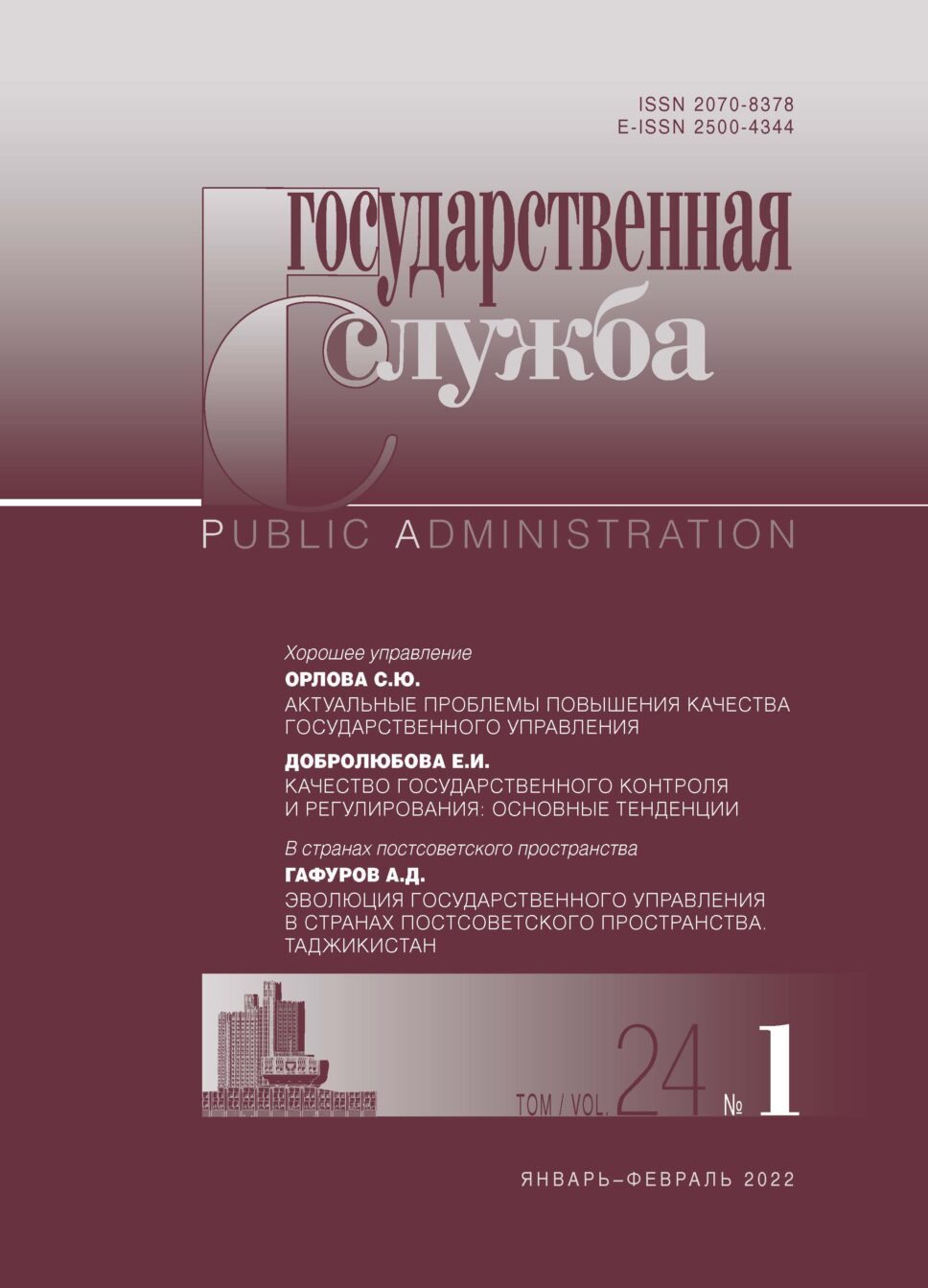Recommended link to article:
DMITRY Yu. PETRUKHINа
а“HERMES” Advertising Agency, LLC
DOI: 10.22394/2070-8378-2022-24-1-63-69
Abstract:
The article addresses sociological study on “Generation Z” through the study of foreign and domestic generational theories, comparing empirical data and identifying problematic aspects. The work considers the worldview of Generation Z representatives, their values and involvement in social, economic, and political processes, their preferences, as well as their consumer characteristics and motives for behavior. The features of Generation Z described by many authors serve as the basis for research on the characteristics of work, organization of everyday life, attitudes toward political and economic events, parenting, cognitive activities, collective identity, preservation of society’s traditional foundations, etc. The need for additional sociological research is due to the contradictory assessments of several researchers, the controversial nature of certain conclusions, and estimates of their prevalence. Interpretive conclusions do not sufficiently account for the influence of the digital environment on the results of measurement tools, and the popularity of some features in one country does not always apply in another. The author notes the presence of such an effect as “moral panic”. It results in uncertainty for renewing the institutions of socialization and their interaction. There is a need to study the processes of socialization in Russia and the formation of new digital institutions during the digitalization of public administration.
Keywords:
generation, Generation Z, “moral panic”, values, worldview, digital society, Internet
Received:
December 31, 2021
References:
Gudkov L., Zorkaya N., Kochergina E., Pipia K., Ryseva A. “Generation Z”: Youth during the time of Putin’s rule. Vestnik obshchestvennogo mneniya. 2020. No. 1-2. P. 21–121. In Russian
Dilthey V. Types of worldview and their development in metaphysical systems. Culturology. XX century: Anthology. Moscow: Yurist, 1995. 703 p. In Russian
Krasnorutsky L.P. Social and cultural characteristics of network generation in Russia: conceptual field of socio-philosophical reflection. Gumanitariy Yuga Rossii. 2017. No. 2 (6). P. 126–135. In Russian
Myths about “Generation Z” / Bogacheva N.V., Sivak E.V. Natsionalnyi issledovatelskiy universitet “Vysshaya shkola ekonomiki”, Institut obrazovaniya. Moscow: NIU VShE, 2019. 64 p. (Sovremennaya analitika obrazovaniya. 2019. No. 1 (22)). In Russian
Mukha V.N., Chernyavskaya K.A. Generational identity: potential for conflict. Gumanitarnyye, sotsial’no-ekonomicheskiye i obshchestvennyye nauki. 2021. No. 1. P. 45–48. In Russian
Review of the main research findings and hypotheses on the characteristics, values, and life strategies of young people. St. Petersburg: Fond “Peterburgskaya politika”, 2017. 32 p. In Russian
Ozhiganova E.M. The theory of generations by N. Hove and W. Strauss. Possible practical applications. Biznes-obrazovaniye v ekonomike znaniy. 2015. No. 1 (1). P. 94–97. In Russian
Ortega-y-Gasset J. Selected Works: Translation from Spanish. The compilation, preface, and edition by A.M. Rutkevich. Moscow: Izdatel’stvo “Ves’ Mir”, 1997. 704 p. In Russian
Ochirova L.I. Research on the value system of the developing person in modern conditions. Vestnik BGU. 2017. No. 4. P. 157–161. In Russian
McCrindle, M. & Wolfinger, E. The ABC of XYZ: understanding the global generations. University of New South Wales Press. 2010. 208 p. In English Howe, N., Strauss, W. Generations: The History of America’s Future, 1584 to 2069. New York: William Morrow & Company, 1991. 600 p. In English
Loh K.K., Kanai R. Higher media multi-tasking activity is associated with smaller gray-matter density in the anterior cingulate cortex. PLoS ONE. 2014. Vol. 9 (9). http://dx.doi.org/10.1371/. In English
Mills K.L., Dumontheil I., Speekenbrink M., Blakemore S.-J. Multitasking during social interactions in adolescence and early adulthood. Royal Society Open Science. 2015. Vol. 2. DOI: 10.1098/rsos.150117. In English
Prensky M. Digital Natives, Digital Immigrants Part 1 // On the Horizon. 2001. Vol. 9. Issue 5. P. 1–6. In English
Seemiller C., Grace M. Generation Z Goes to College. San Francisco: Jossey-Bass, 2015. In English
Sparks & Honey. 2015. Generation Z 2025: the final generation. https://www.sparksandhoney.com/reports-list/2018/10/5/generation-z-2025-the-final-generation. In English
Tapscott, Don. Grown up Digital: How the Net Generation is Changing the World. New York: McGraw Hill Professional, 2008. 288 p. In English
Twenge J.M. iGen: Why Today’s Super-Connected Kids Are Growing Up Less Rebellious, More Tolerant, Less Happy and Completely Unprepared for Adulthood – and What That Means for the Rest of Us. New York: Atria Books, 2017. In English
Uncapher M.R., Wagner A.D. Media multitasking, mind, and brain. Proceedings of the National Academy of Sciences. Oct 2018. 115 (40) 9889-9896; DOI: 10.1073/pnas.1611612115. In English
Vasilenko L.A. Advanced education as a way of human survival. Bezopasnost’ Yevrazii (ISSN: 1607-7334). 2004. No. 3 (17). P. 491–505. DOI: 10.18411/Vasilenko-1-1. In Russian
Articles in Open Access mode are published under the Creative Commons Attribution 4.0 International (CC BY) license.

